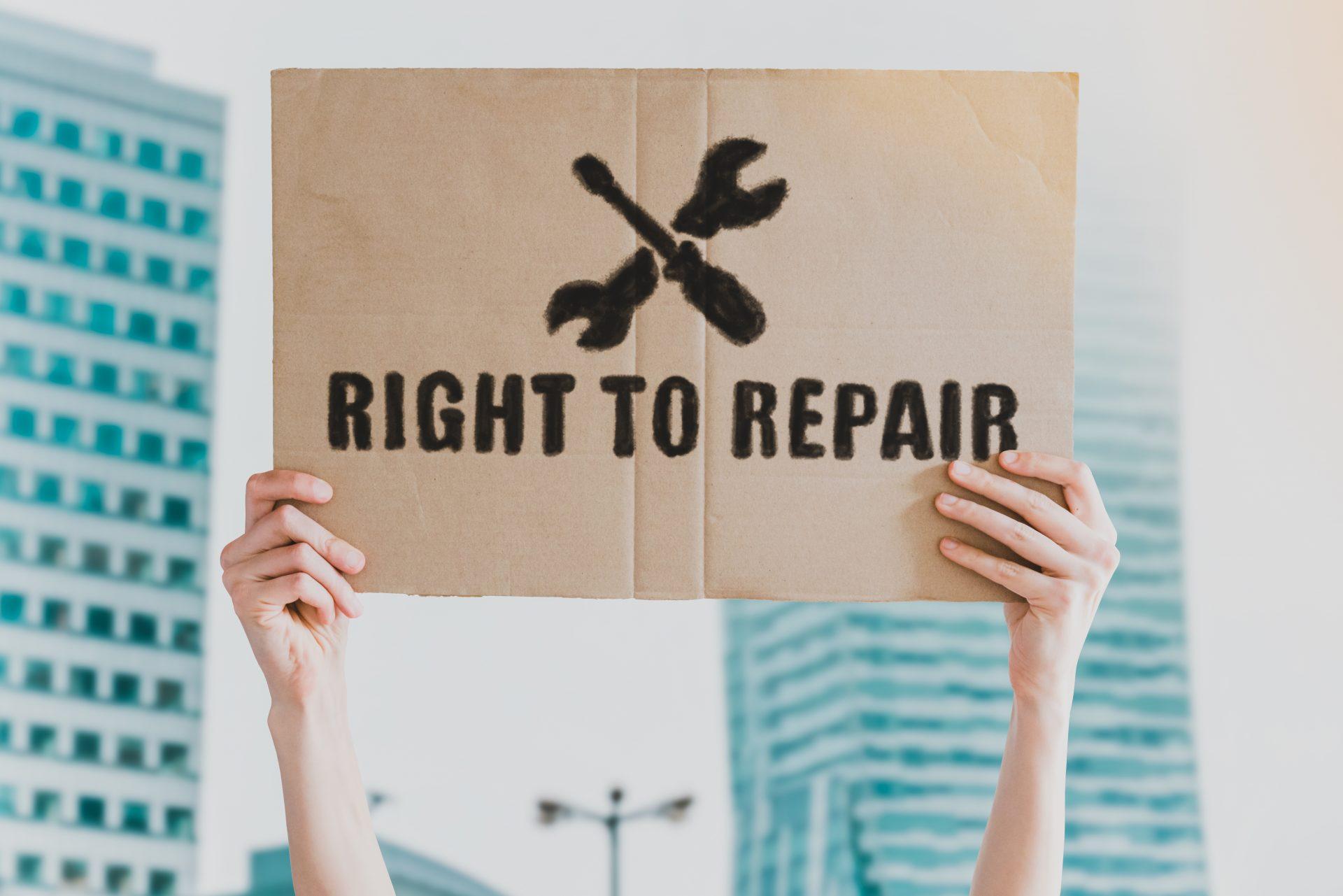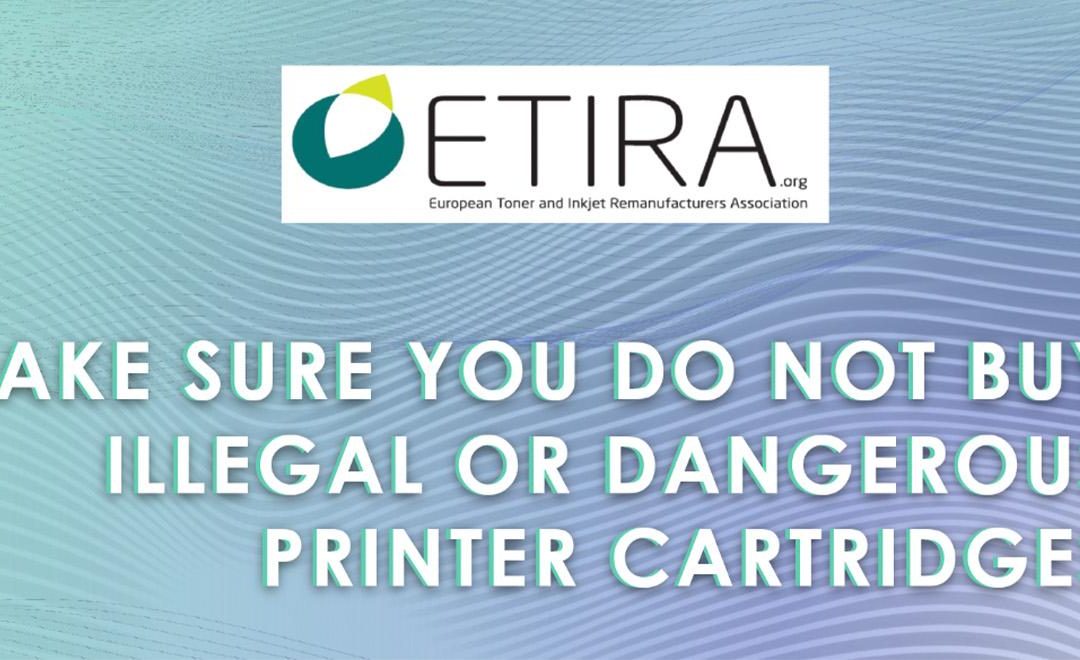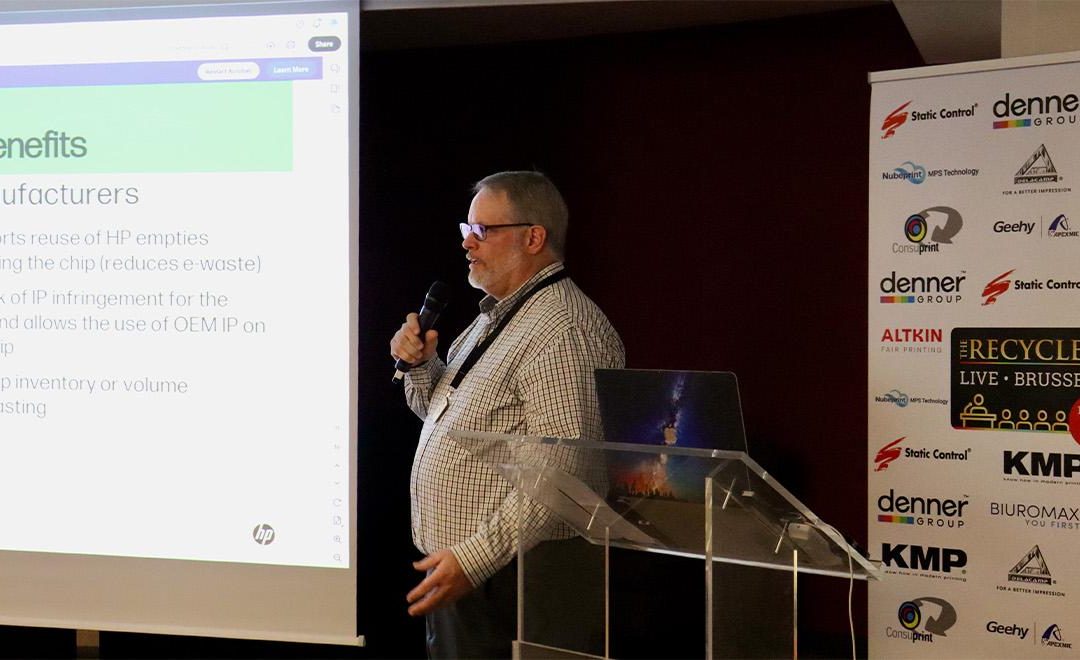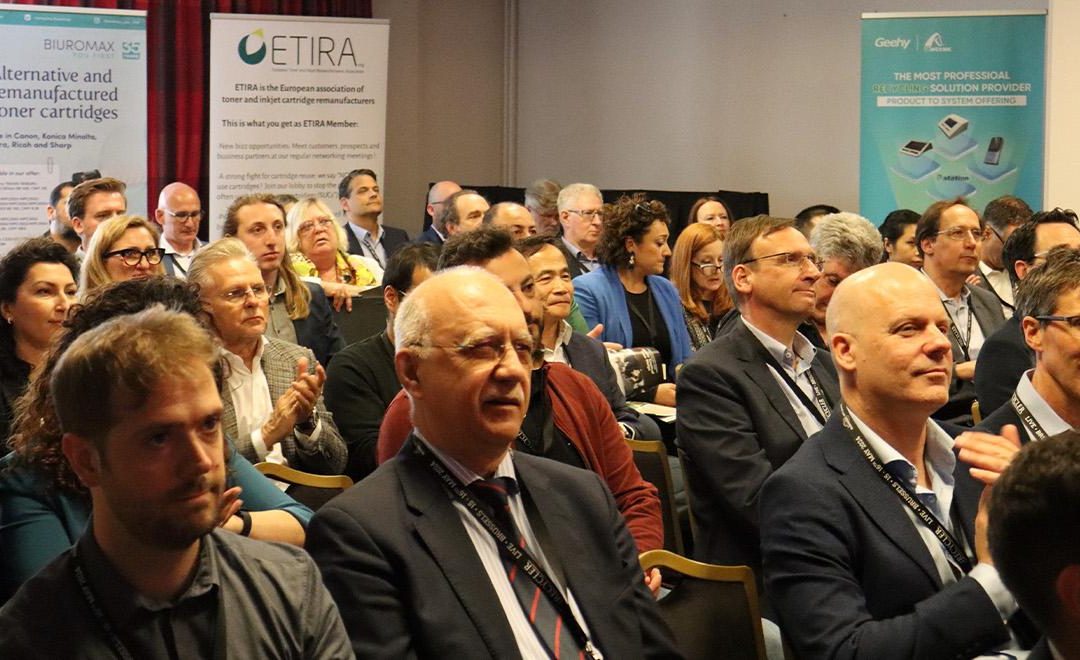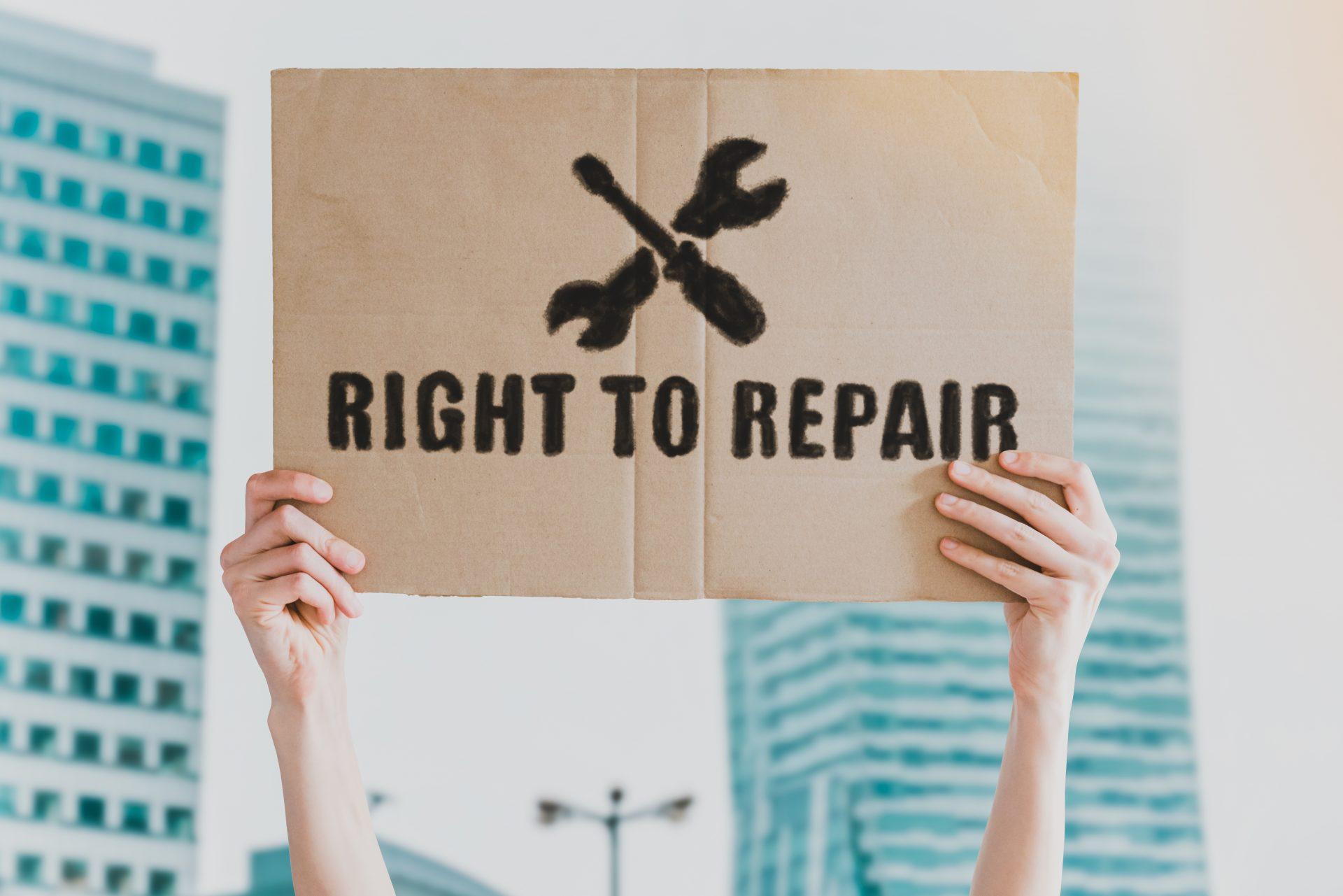 From today, manufacturers are legally obliged to make spare parts for products available to consumers, so that electrical appliances can be fixed easily
From today, manufacturers are legally obliged to make spare parts for products available to consumers, so that electrical appliances can be fixed easily
The UK government has introduced new “right to repair” legislation to overcome “premature obsolescence.” A practice where manufacturers make products with a short lifespan, which leads to unnecessary and costly replacements for the consumer.
Manufacturers are now legally obliged to make spare parts available so that electrical appliances can be fixed easily and extend the duration of products by up to 10 years.
The changes will mean that consumers buying white goods or TVs in shops or online will now be able to get them repaired from today. Routine warranty repairs will be available. But outside of the warranty, spare parts will be available to get the appliance repaired.
The changes are to tackle the 1.5million tonnes of WEEE waste generated in the UK every year.
While the BBC calls this a “right to repair” law, this is not 100% correct. Manufacturers will have to ensure that spare parts are readily available, there is no obligation to sell parts directly to consumers, and there are no price controls regarding the price charged for spares.
The new rules do not directly apply to consumers; manufacturers will only support professional repairers to carry out the repairs.
Products covered by the new legislation are:
- Dishwashers.
- Washing machines and washer-dryers.
- Refrigeration appliances.
- Televisions and other electronic displays.
Also included are non-consumer electronics: light sources, electric motors, refrigerators with a direct sales function (e.g., fridges in supermarkets, vending machines for cold drinks), power transformers and welding equipment.
Not covered are: Cookers, hobs, tumble dryers, microwaves or tech such as laptops, printers or smartphones.
Our take on this: The legislation is welcome, but it is the softest of soft options. Parts will be available, but only to professional repairers and with no price controls on the parts. How effective will this be? The exclusion of printers in the legislation is another example of politicians ducking one of the significant WEEE issues in the UK, a top 5 producer of WEEE.


